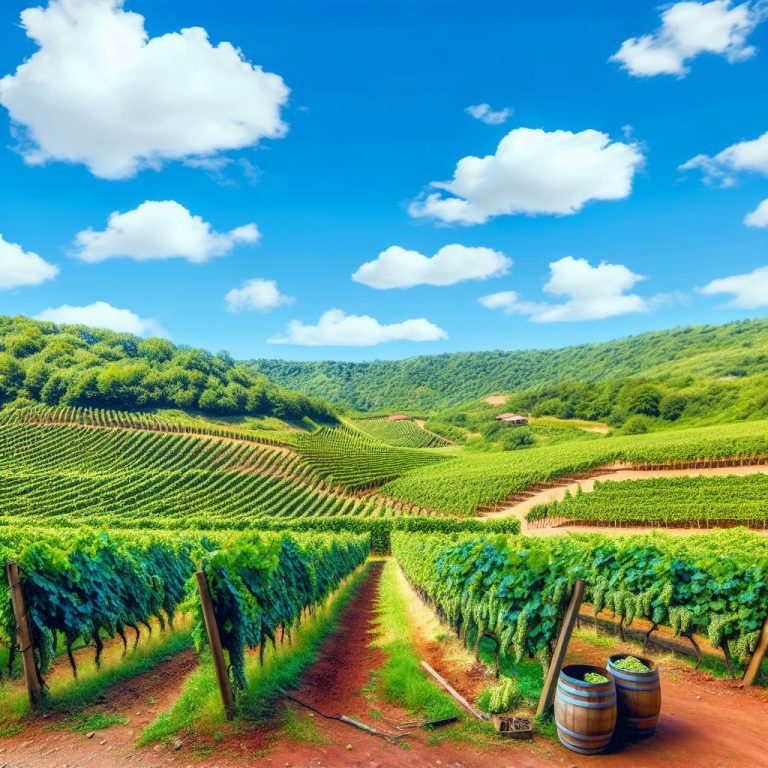Introduction to Guria’s Experimental Wines
Guria, nestled on Corn Island off the coast of Nicaragua, is starting to capture the curiosity and attention of wine enthusiasts around the globe. Traditionally, Corn Island was not associated with winemaking, yet Guria is carving a niche for itself in the industry with its bold experiments and delectable wines. These experimental offerings are drawing in aficionados keen on discovering new and unique flavors and the innovative techniques being employed.
Geographical Context
The geographical positioning of Corn Island is truly unique. Situated in the Caribbean Sea, not only does it boast picturesque landscapes, but its geographical makeup significantly influences its wine production. The vibrant tropical climate, paired with the distinctive soil compositions of the island, contributes to a fresh take on the traditional methods adopted in viticulture. Despite being faced with challenges such as unpredictable weather patterns and varied soil types, the region’s commitment to sustainable agricultural practices has fostered the cultivation of grape varieties that are rare in such tropical climates. These factors work in harmony to create wines that are emblematic of the island’s natural beauty and agricultural potential.
Grape Varieties and Techniques
The foundation of Guria’s winemaking philosophy is deeply rooted in experimentation. Local wine producers are at the helm of developing hybrid grape varieties that possess the resilience needed to thrive in a tropical climate. These grapes are not only hardy but also imbue the wines with distinctive taste notes that stand apart from more conventional offerings. The producers in Guria are adept at blending modern oenological techniques with age-old traditions, a synthesis that has brought forth wines with rich aromatic profiles and flavors that captivate the senses.
Particularly remarkable is the approach of utilizing natural fermentation processes in the production of these wines. By minimizing the use of additives and preservatives, winemakers can preserve the inherent qualities of the grapes. This approach prioritizes minimal intervention, enabling the wine to express the authentic essence of the Nicaraguan terroir. This dedication ensures that each bottle offers a taste that is as close to nature as possible, giving wine lovers a genuine experience of Guria’s oenological innovations.
Sustainable Practices
Sustainability lies at the heart of Guria’s winemaking endeavors. The region’s vintners are committed to implementing organic farming techniques, which play an essential role not only in protecting the environment but also in delivering superior-quality wines. Water conservation measures are integrated into the cultivation process, and the use of renewable energy is emphasized. These efforts not only help maintain the ecosystem but also lead to healthier vines and more fertile soil.
The focus on sustainability extends beyond environmental concerns. There is a robust emphasis on involving and supporting the local community. By adopting sustainable farming methods and engaging local farmers, Guria contributes positively to both the economic livelihood and social structure of Corn Island’s inhabitants. This holistic approach ensures that the benefits of this burgeoning industry extend to all stakeholders involved.
Conclusion
In conclusion, Guria’s experimental wines are making a significant impact in the world of viticulture. They not only bring innovative flavors and unique taste experiences to wine aficionados around the world but also highlight a dedication to sustainable practices that promise long-term benefits for both the environment and the local community. This blend of innovation and sustainability positions Corn Island as an emerging player in the global wine arena, potentially reshaping perceptions of what an ideal winemaking region should be.
To delve deeper into the captivating world of Guria’s wines and to learn more about the island itself, consider visiting the Corn Island Tourism Board for more information.
